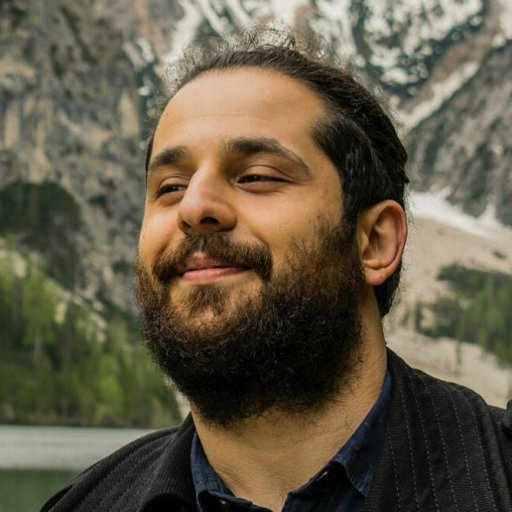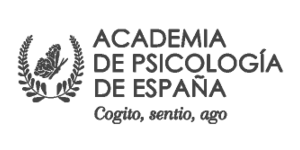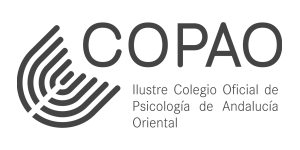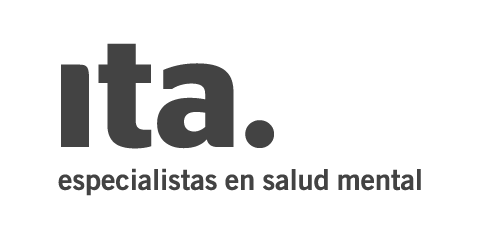Speaker

MICHELE GIANNOTTI
UNIVERSITY OF TRENTO. ITALY
Michele Giannotti is a Researcher and Adjunct Professor of Psychodynamic and Clinical Psychology at the Department of Psychology and Cognitive Science, University of Trento (Italy), as well as a licensed clinical psychologist specializing in attachment assessment and cognitive constructivist psychotherapy.
Holding a Ph.D. in Psychology and Education, Dr. Giannotti also collaborates with the National Health Service in child protection. His clinical and research work focuses on parenting and child development, examining the determinants of parenting across diverse family structures, fatherhood, coparenting, child maltreatment outcomes, and attachment assessment across the lifespan.
He has been recognized as the Best Early Career Scholar by the International Association for the Study of Attachment (IASA) and the Italian Society of Cognitive and Behavioral Therapy (SITCC).
Dr. Giannotti frequently presents at national and international conferences on topics such as the transition to parenthood and paternal mental health, at-risk parenting, and attachment quality in children with typical and atypical development.
He has published extensively in peer-reviewed scientific journals and collaborates with national and international research groups on parenting and child development.
Fathering the future: paternal involvement and mental health in changing families

In recent decades, research on fatherhood has expanded, reflecting shifts in family dynamics, including the evolving roles of men who assume new responsibilities in childrearing and household adjustment. While scientific literature and clinical practice have traditionally focused on mothers, there is increasing recognition of the challenges fathers face and the critical role they play in family adaptation. Specific aspects of paternal experience have been highlighted, particularly in the context of perinatal psychological distress, which can manifest through a wide range of symptoms, including externalized behaviors, differing from the clinical expressions typically observed in women. From a systemic perspective, the reciprocal interactions among family members emerge as key determinants of paternal adaptation and psychological well-being. In this regard, previous studies have highlighted the diverse contributions of fathers, including the associations between paternal health, involvement in childcare, couple dynamics, and family well-being.
The aim of this symposium is to explore the role of fathers in contemporary families, focusing on the impact of the transition to parenthood on paternal mental health, involvement in childcare, and its contribution to individual, dyadic, and family well- being.
The first presentation by Gemignani et al. focused on the validation of the Italian version of the Perinatal Assessment of Paternal Affectivity (PAPA) during the postpartum period. This new gender-based self-report questionnaire serves as a
screening tool to provide a global score of paternal perinatal distress.The second contribution by Mancinelli et al. addressed the barriers and facilitators to help-seeking among Italian fathers during the perinatal period through a scoping systematic review. In the third presentation, Perez et al. investigated mental health and parenting interventions for child development, aimed at fostering paternal involvement throughout childhood development in the Chilean context. The fourth presentation by Pinto et al. explored paternal contributions from the maternal perspective, examining the roles of prenatal romantic attachment and coparenting during the postpartum period through the mediating role of couple relationship satisfaction.
Overall, this symposium provides a broad exploration of the paternal role during childhood development, focusing on mental health, involvement, and coparenting across various contexts. It emphasizes how fathers; adjustment processes influence paternal functioning and highlights their unique contributions to family dynamics.












